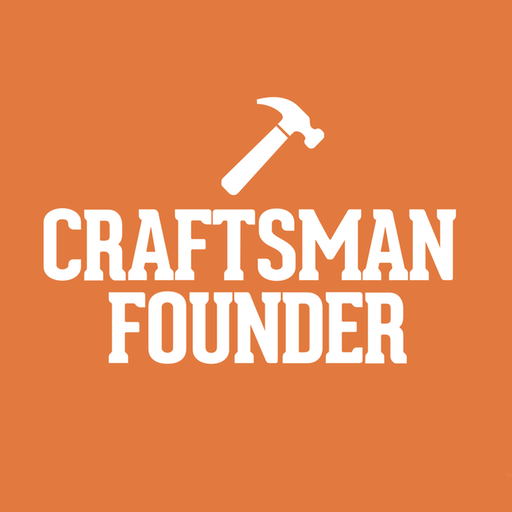How Do I Create a Marketplace?
Dear Lucas…
I’m developing a marketplace gaming startup. It’s my first time starting my own company and I’m learning Rails and HTML5 game development as I go. I have a fair amount of programming experience but my focus has always been scientific computing rather than software development, but of course the two are inextricably intertwined.
I’m happy to be branching out into a new space and learning a lot about business, starting a company, testing minimal viable products and the lean startup methodology. We’ve got some good beta testing results with over 1,000 gamers so far and i’m excited to keep working towards our first commercial product to be released sometime next year, if all goes well!
I am aware of the difficulty of building a marketplace. For example, Amazon was billions in the red before becoming profitable. While this takes a really long term vision I am OK with that, since I am passionate about the idea and I enjoy the challenge I’m willing to do what it takes to make it work.
Overall, it’s going to be a long road but I feel that the gaming industry has so many untapped markets and so much growth potential that it will be worth it in the end!
—Marketplace Builder
Hi Marketplace Builder,
Marketplaces are one of the hardest kinds of startup plays to pull off. They have a catch-22, a chicken and the egg: which comes first, the audience or the vendors? How do you attract a large audience? With high quality vendors. How do you get good vendors? By attracting a large audience. If I understand you right you have neither right now, so which one will come first? It is very very hard and most people fail at doing it.
Don’t try to reinvent the wheel.
“Those who cannot remember the past are condemned to repeat it.” — George Santayana
Others have come before you. How have they succeeded? How have they failed? Who are your heroes that you are modeling yourself after? Nintendo? Microsoft? Sony? How did they break out of the catch-22? Who has failed trying to build a gaming marketplace? Why? What is your business plan to do better, how will you break out of the catch-22? Or can you even do it? Who has had moderate success? What can you learn from them?
Be a voratious student of history. For example, look at Amazon. Even within the last few years, they still lose a quarter billion dollars in a quarter, but they bring in over $15 billion in revenue per quarter.How are you going to make money?
Growth is great but cash is king and eventually without cash you will have to give up or go bankrupt. Passion alone does not pay the bills. How are you going to make money? Without cash you will have to give up or go bankrupt. Passion does not pay the bills. Read Scott Adams’s advice carefully…
“you should never make a loan to someone who is following his passion”
“That guy is a bad bet, passion and all. He’s in business for the wrong reason.”
“the best loan customer is someone who has no passion whatsoever, just a desire to work hard at something that looks good on a spreadsheet [aka makes money]”
“You want the grinder, not the guy who loves his job.”
In other words, follow the money. Find the revenue. Figure out how to make money by providing real valuable services today to people that are willing to pay today. I am not suggesting you pull the plug, but I am saying that you don’t seem to be asking the right questions, I don’t see you obsessed with customers, I don’t see you searching eagerly for problems that people are willing to pay for today.
I see you passionately struggling to build a technology, not trying to build a business. There is nothing wrong with that. It is just called a hobby, not a startup. You are acting like an artisan, not a businessman.
I like you a lot, but I think you have to start being honest with yourself and make a tough choice: you can keep running this project as the hobby it is today, or you can start thinking about how to turn it into a real business. A startup.
—Lucas
About the Author
Lucas Carlson
Lucas Carlson is a hands-on consultant, author and entrepreneur. He helps founders discover opportunities for growth, both for their companies and for themselves. He was the CEO and founder of AppFog, a popular startup acquired in 2013 after signing up over 100,000 developers and raising nearly $10M in venture funding from top angels and VCs.
